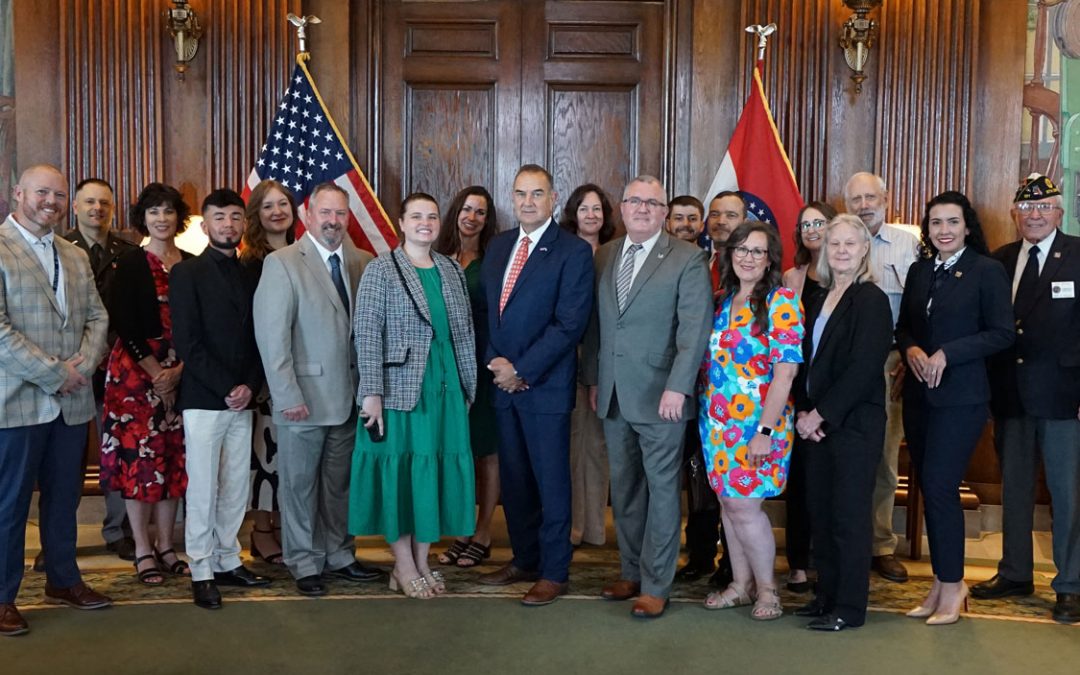
UMSL criminologists Beth Huebner, Finn-Aage Esbensen and Dena Carson presented current gang related research findings last month at the annual Eurogang Program of Research workshop in Hillerod, Denmark.
Current research shows gang involvement can be decreased with early prevention and gang member parolees have a hard time reentering society. These findings and others were featured last month during the 11th annual Eurogang Program of Research workshop in Hillerod, Denmark.
Finn-Aage Esbensen, the E. Desmond Lee Endowed Professor of Youth Crime and Violence at the University of Missouri-St. Louis; Beth Huebner, associate professor of criminology and criminal justice at UMSL; and Dena Carson, assistant research professor of criminology and criminal justice at UMSL; each presented research during the conference attended by 51 criminologists and practitioners from 11 different countries. The focus of the work was prevention and intervention strategies for responding to youth gangs and factors associated with leaving the gang.
The UMSL scholars presented findings on three different research projects. Esbensen discussed the current evaluation of the Gang Resistance Education and Training Program, also known as the GREAT program. Carson gave an overview of a recently funded research project on gang desistance. Huebner presented on introducing gang members back into society after incarceration.
UMSL’s ongoing evaluation of the GREAT program, which is a 13-week in-school prevention and education program taught by a uniformed law enforcement officer, involves more than 3,800 students in seven different cities across the Unites States. The evaluation project is funded by the United States Department of Justice and gauges the impact of the program which is to reduce gang involvement, reinforce positive attitudes toward law enforcement and prevent violent and criminal acts.
As the site coordinator for GREAT, Carson spends a lot of time with the data. Over the last few years, she’s collected surveys and analyzed the findings.
“Overall, we found that changes in the peer groups in response to GREAT had significant impacts on gang involvement and membership,” Carson said.
Additionally, funding for the evaluation project has just been extended this fall which will allow for evaluations to continue and for in-depth follow-up interviews with some of the study participants .
Huebner’s research focused on the challenges and obstacles gang members faced trying to re-enter society after incarceration. She interviewed male parolees ranging in age from 27 to 40 who had served an average of six years. Follow-ups with each individual occurred over the next 12 months.
She found the challenges of finding employment were high among gang member parolees due to visible tattoos and lack of proper clothing and other resources.
“We also looked at the effects of post-traumatic stress disorder on them,” Huebner said. “They had been involved in and around violent acts for so long and never spoke with anyone about it.”
The findings showed a need for resources, both in employment preparation and mental health services.
These research projects are great examples of why the Eurogang Project was created, said Esbensen.
The Eurogang Project began in 1998 in response to a growing trend of gang involvement throughout Europe and the United States.
“The purpose of the workshop is to bring together researchers from around the world to discuss prevention and strategies, and to develop ideas for intervention,” Esbensen said. “Now our goal is to obtain funding so that we can actually do multisite, multimethod research, and this is no easy task because it’s rarely done within the United States, let alone across nations.”














